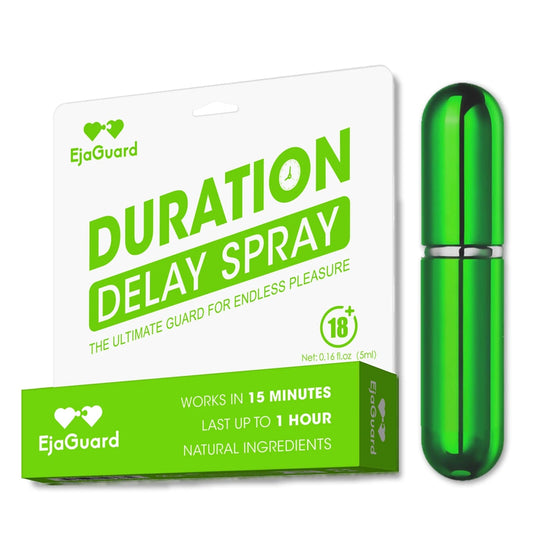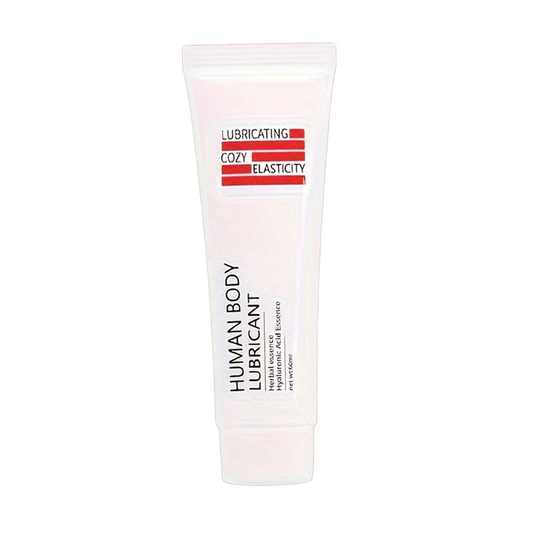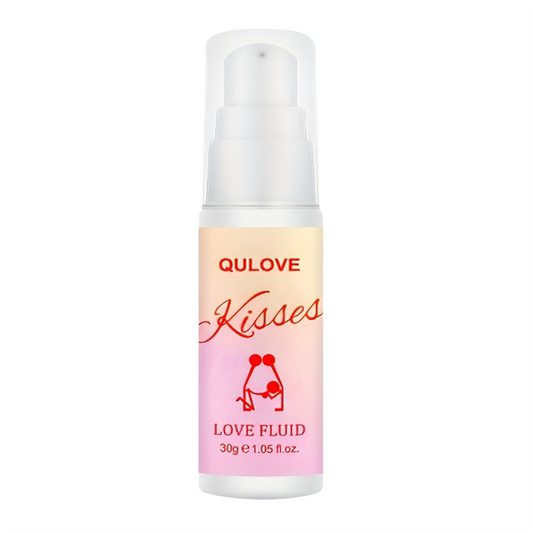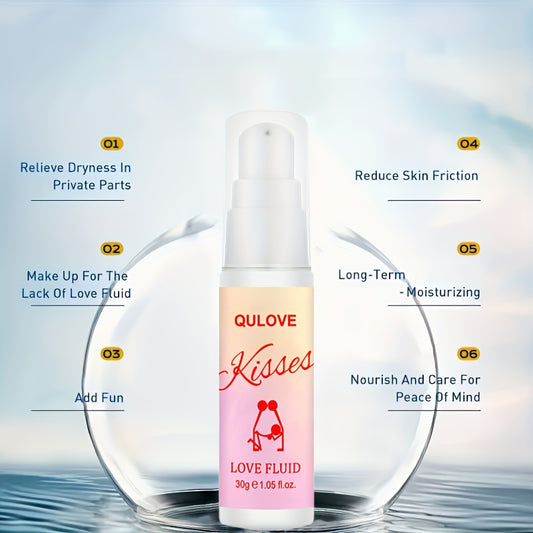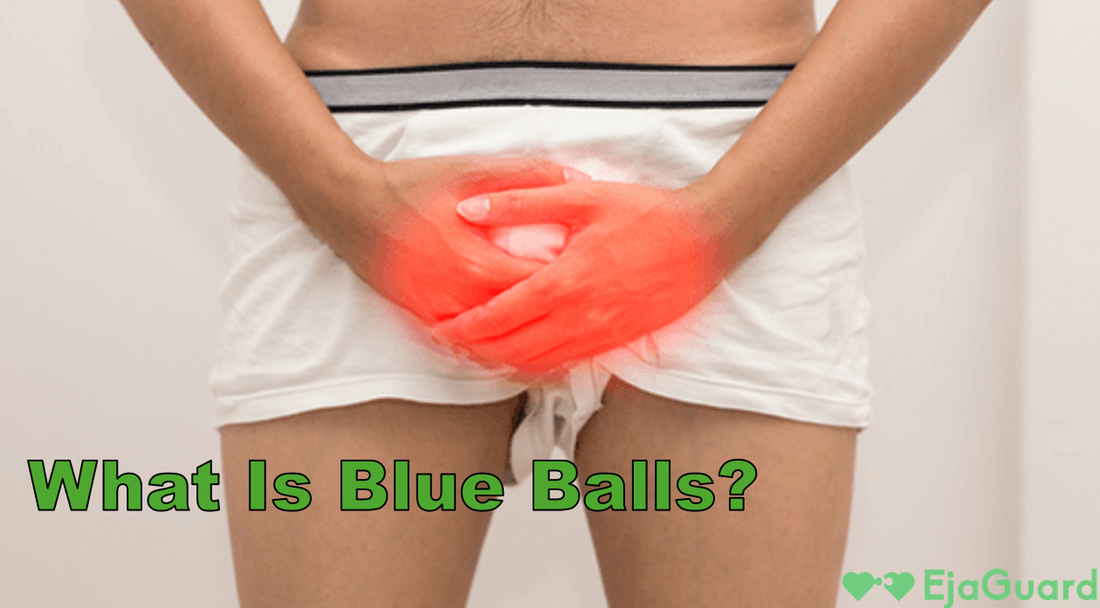Introduction

Have you ever experienced a dull ache or throbbing pain in your testicles after an intense make-out session or extended foreplay? If so, you might have suffered from something known as blue balls. Despite the jokes and myths, this condition is real and more common than you think.
But what is blue balls, really? Is it dangerous? And how can you get relief fast? Let’s dive into everything you need to know about this uncomfortable experience.
If you're looking for a way to enhance your sexual health and comfort, explore EjaGuard's Delay Spray, which can help extend pleasure and provide relief.
What Is Blue Balls?
:max_bytes(150000):strip_icc()/GettyImages-912780108-5ace4fe3a474be00360be9f7.jpg)
Blue balls, medically referred to as epididymal hypertension, is a temporary condition that occurs when the blood vessels in the testicles become engorged due to prolonged sexual arousal without ejaculation. During arousal, the body directs more blood to the genital area, causing the testicles and penis to swell.
When ejaculation doesn’t happen, the accumulated blood may create a feeling of pressure or discomfort. This is commonly known as blue balls. It’s important to understand that while this can be uncomfortable, it is not harmful and usually resolves on its own.
Causes of Blue Balls

The primary cause of blue balls is prolonged sexual arousal without orgasm. Here’s what contributes:
-
Sexual Arousal Without Release: When a man becomes sexually excited, blood flows into the genital area. Without ejaculation, this buildup can cause pressure and mild pain.
-
Edging: Practices like edging—where arousal is intentionally maintained without climax—can increase the chances of experiencing blue balls.
-
Prolonged Foreplay or Teasing: Long sessions of stimulation without release may also lead to this condition.
While blue balls aren’t medically serious, they can be an annoying distraction during intimate moments. If you enjoy edging, consider incorporating the use of EjaGuard's Lubricants to enhance your experience.

Symptoms of Blue Balls

So, how do you know if what you're feeling is actually blue balls? The most common symptoms include:
-
Aching Pain: A dull, aching sensation in the testicles.
-
Heaviness: A feeling of weight or fullness in the scrotum.
-
Throbbing Discomfort: Some may experience a throbbing or pressure-like pain.
These symptoms typically subside after ejaculation or with time. It’s also important to distinguish blue balls from other medical conditions like testicular torsion or infections, which require immediate medical attention.
How to Relieve Blue Balls
If you’re experiencing discomfort, here are proven ways to relieve blue balls:
-
Ejaculation: The most effective relief comes from orgasm, either through sexual activity or masturbation.
-
Cold Compress: Applying a cold compress can help reduce blood flow and ease the ache.
-
Physical Activity: Light exercise, such as jogging or brisk walking, may help redirect blood flow away from the genital area.
-
Relaxation Techniques: Deep breathing, meditation, or distraction can help reduce sexual tension.
If the pain persists for longer than an hour or becomes severe, it's a good idea to consult a healthcare provider.
Preventing Blue Balls
While you can’t always prevent blue balls, you can reduce the chances by:
-
Avoiding Prolonged Edging: Limit how long you stay aroused without release.
-
Communicating with Your Partner: Discuss expectations during intimacy to avoid prolonged teasing without climax.
-
Regular Ejaculation: Regular sexual release helps prevent blood from lingering in the genital area.
By understanding your body’s responses, you can better manage or avoid this discomfort.
Conclusion
Blue balls might sound like a joke, but they’re a real and often misunderstood condition. Knowing what is blue balls—and how to relieve or prevent it—can help you manage your sexual health more confidently.
If you frequently experience discomfort or want to improve your stamina and control, consider exploring products like delay sprays or techniques like Kegel exercises.
For more tips on lasting longer and enhancing your sexual health, check out our other guides and resources.

